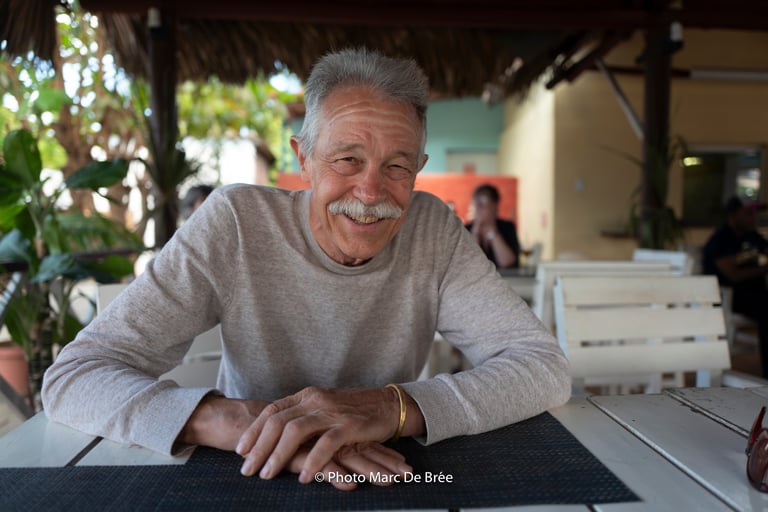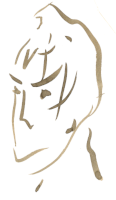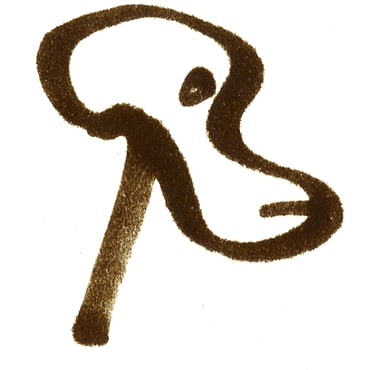The Art of Storytelling
The ability to bring a story to the table and engage, for a while, the attention and imagination of others, is a skill worth cultivating. Stories connect with people in a way that facts and statistics don't. Effective story telling is what makes a speech powerful or a conversation memorable.


Storytelling Lounge - 45 minutes - $40
It's a human need to be told stories. The more we're governed by idiots and have no control over our destinies, the more we need to tell stories to each other about who we are, why we are, where we come from, and what might be possible. Alan Rickman
The human species thinks in metaphors and learns through stories.
Mary Catherine Bateson
There is no greater agony than bearing an untold story inside you.
Maya Angelou
Invite your friends. This is a directed open-mic opportunity to share your stories in English. Be prepared to tell your stories. Any stage of development is OK. Talk about your idea or present your finished story. I want to hear your stories! Invite up to 4 friends to share stories or just listen.
Book your storytelling session
with Chris
Tell me your story...
What makes it a story?
A narrative recounts a series of events. It tells what happened. A story brings the narrative to life by giving it personalities, personal interaction and change. In a story the outcome has significance, if only for those involved.


Guide to Storytelling with Chris
I offer a sounding board and learning path for your storytelling skills. In these sessions we can hear several stories, get feedback and trade story ideas. A one-on-one session works well to focus on a specific story development project. Or invite your friends to join us and trade stories with them.
My standard for these sessions:
It is worth reviewing my standards for the kind of storytelling I want to work with here. I follow, in a general way, the standards used in The Moth storytelling venues.
Stories should be:
Told live without notes
True (or pretty close to it)
Your own story, not someone else's story
No props, video, music, etc. Just you speaking.
Do not read your story or present memorized material.
Finding your stories
Everyone has stories that they tell. Maybe an old tale that has become family legend, or the time the dog ate the wedding cake. These are fine for the dinner table, but those who have heard it before are already rolling their eyes. The story teller needs new material. And often those old chestnuts have little point. They tell about something odd that happened, then everything turned out alright in the end. Perhaps charming, perhaps funny (on the first hearing), but usually not moving or memorable.


The aspiring story teller faces two challenges. The first is to relate stories that are engaging and evocative for the listeners - be it laughter, thought or tears. The second is to find new events around which to build new stories. In my experience, it is the first that is the more difficult. At my stage in life, I have a large store of odd occurences, strange events and eccentric people. Reciting these to friends is enjoyable, perhaps...
But having a long list of events isn't the key. Digging deeper is where the engaging story begins. How does the story put me and my world at risk? Am I changed by the events? The story is in seeing what is at stake, for me and the people around me. If we are willing to go deep, we can find great stories everwhere. What is it we learn? What do we share? It may be that only a few revealing words will make all the difference between a fun anecdote and a belly-laugh dive into our shared joy.
A good place to look for stories is your own childhood
